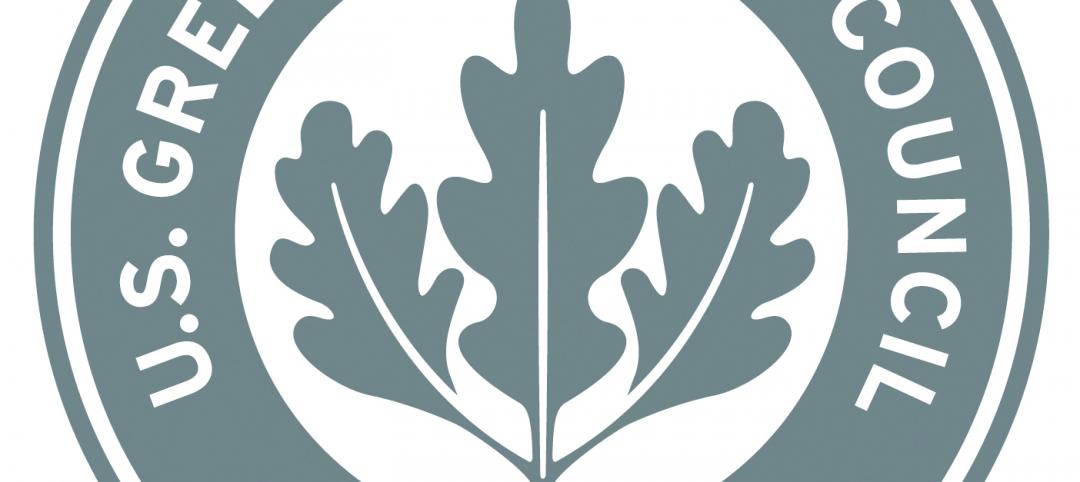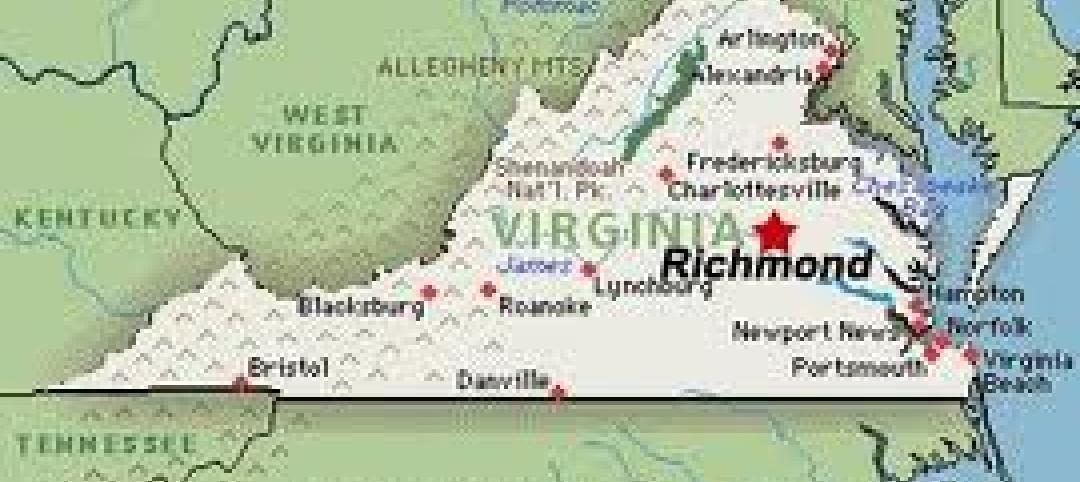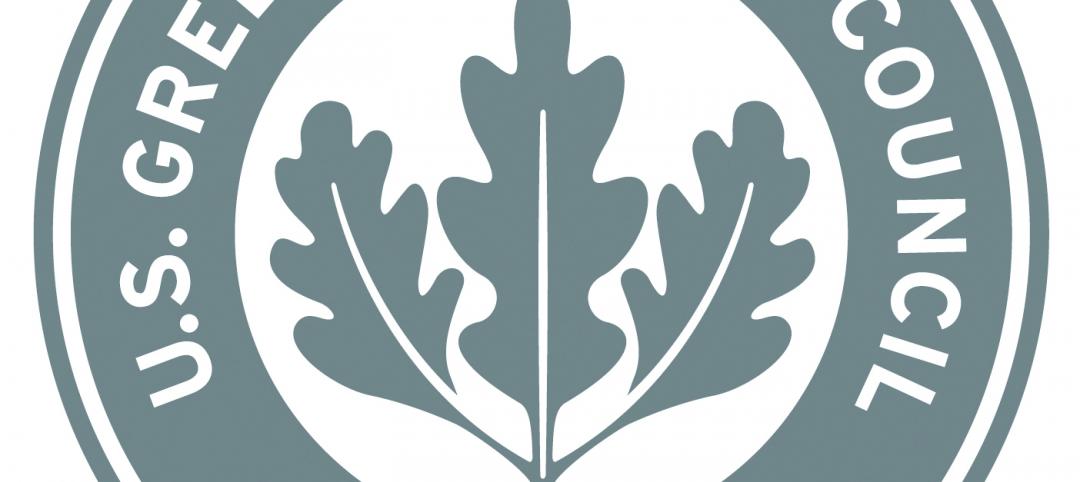The Occupational Safety and Health Administration (OSHA) has clarified employers’ responsibility to track workplace COVID-19 virus infections.
OSHA’s recordkeeping rule requires employers to include in federally mandated logs any work-related illness that leads to a worker missing a day or more on the job or receiving medical treatment more substantial than first-aid. The new guidance says that only employers in the health-care industry, emergency response organizations such as police and fire departments, and correctional institutions will have to determine whether employees contracted the virus on the job.
Construction contractors, manufacturers, and other employers won’t have to make that determination unless there’s “objective evidence that a Covid-19 case may be work-related” and “the evidence was reasonably available to the employer.” OSHA’s new guidance says objective evidence could include “a number of cases developing among workers who work closely together without an alternative explanation.”
OSHA had announced in early March that coronavirus cases would have to be recorded. Industry groups, including construction organizations, said it would be too unwieldy to determine if an employee became sick at a work site or contracted the disease elsewhere.
Related Stories
| Feb 23, 2012
Federal budget cuts put major building projects on hold
A plan to build the National Bio and Agro-Defense Facility in Kansas is among several major building projects in jeopardy after the Obama administration’s 2013 budget was unveiled. The budget would cut all construction spending for the facility.
| Feb 23, 2012
Federal agencies fixed on leasing LEED-certified space
The federal government is especially focused on renting LEED-certified spaces.
| Feb 23, 2012
Regulators investigating construction accident at World Trade Center
The New York Port Authority and the city’s fire and building departments are investigating an accident at the World Trade Center construction site in lower Manhattan after a crane dropped steel beams that fell about 40 stories onto the truck that delivered them.
| Feb 23, 2012
New Virginia statewide building code goes into effect March 1
After March 1, all building plans in Virginia must adhere to the 2009 code that was adopted a year ago.
| Feb 23, 2012
Privatizing flood insurance could lead to new code requirements
One thing that could pave the way toward private flood insurance would be NFIP reforms, like requiring new construction in flood-prone areas to be elevated.
| Feb 22, 2012
ACI BIM manual for cast-in-place concrete in development
The improved communication, coordination, and collaboration afforded by BIM implementation have already been shown to save time and money in projects.
| Feb 20, 2012
Comment period for update to USGBC's LEED Green Building Program now open
This third draft of LEED has been refined to address technical stringency and rigor, measurement and performance tools, and an enhanced user experience.
| Feb 20, 2012
GAF introduces web portal for architects and specifiers
The new portal offers a clean look with minimal clutter to make it easier to find the technical information and product data that architects need.















